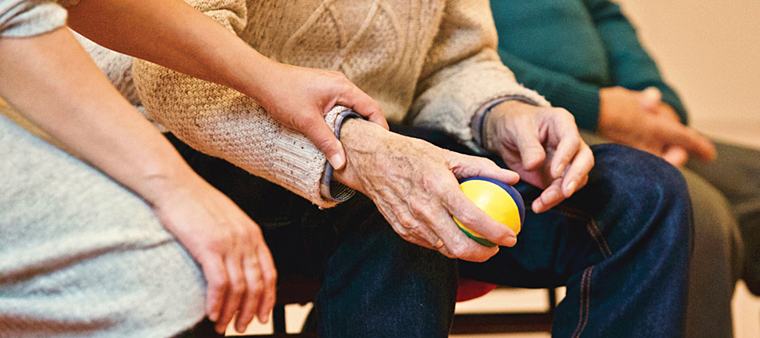
At some point in the not-too-distant future, 75 million American baby boomers will be 60 years old or older. I often wonder whether we will be healthier than our parents; time will tell. My dad, who is now a youthful 88 years old, grew up eating farm-fresh eggs and vegetables grown without pesticides. We boomers, on the other hand, are the “Oscar Meyer” generation, the involuntary guinea pigs in a vast experiment involving food additives, man-made chemicals and sedentary life-style changes, the cumulative health effects of which are only now appearing as we age.
I’ve made no secret of my struggle with type-2 diabetes and heart disease, and if statistics are any guide, I am altogether too typical of my generation. Based on simple calculations, my health insurance carrier is not making any money on me at all. And, I expect, little money will be made on any of us boomers. Between the drugs, sophisticated tests, hospital procedures, implanted devices, surgeries, and doctor fees, it’s clearly impossible to make a buck off my generation, which means somebody else will have to pay.
The pharmaceutical companies are racing to develop the newest generation of drugs to overcome the Oscar Meyer effect. The food companies are cranking out low-calorie, low-carb, low-fat, ersatz foods never before consumed by human beings, all in the hopes of making money off boomers worried about their health, yet obesity rates have never been higher. TV ads alternate between fast food and diet drugs. All this worry is fueling an economic food-drug-and-diet “boomlet” of its own, and such worry may not be misplaced.
It’s estimated that at least 40 million Americans are suffering from diabetes and pre-diabetic conditions, but don’t know it. They may be tired and sluggish, have burning feet, and need to get up four times a night. Unfortunately, they won’t realize that anything is terribly wrong until they have a heart attack, lose their vision, have a kidney fail or need to have their toes amputated –such is the horror of the silently slow onslaught of diabetes. None of us has been 60 years old before, and thus we have no experience in how 60 feels, or is supposed to feel. Paying closer attention to our overall state of being and noting what may be subtle changes in health is the only way to catch things before they get out of hand. Believe me, I know from experience; I caught on to my problems and lost 30 pounds well before I would have had to lose my toes.
But wildly assuming for a moment that everyone catches on soon and begins to seriously address their health issues, there is still the issue of the inadequacy of the system in place to resolve and treat them. I have absolutely no confidence that profit-driven corporate free-market economics will solve our health care crisis. That the largest industrialized nation in the world continues to avoid universal single-payer health care is astonishing. That hospitals and medical professionals must survive by calculating monetary return before deciding critical patient care is shameful. And that 75 million “Oscar Meyer” baby boomers are about to start falling apart and needing services from a system that is dysfunctional, inefficient and insensitive is, frankly, downright frightening.